As summer approaches, Florida’s outdoor workers, like Javier Torres, face brutal conditions. A new state law prohibits local heat protections, meaning workers like Torres must endure the relentless sun without guaranteed shade or water.
“My body would tremble,” Torres recalls the severe effects of the heat during his construction job in South Florida.
No Respite in Sight
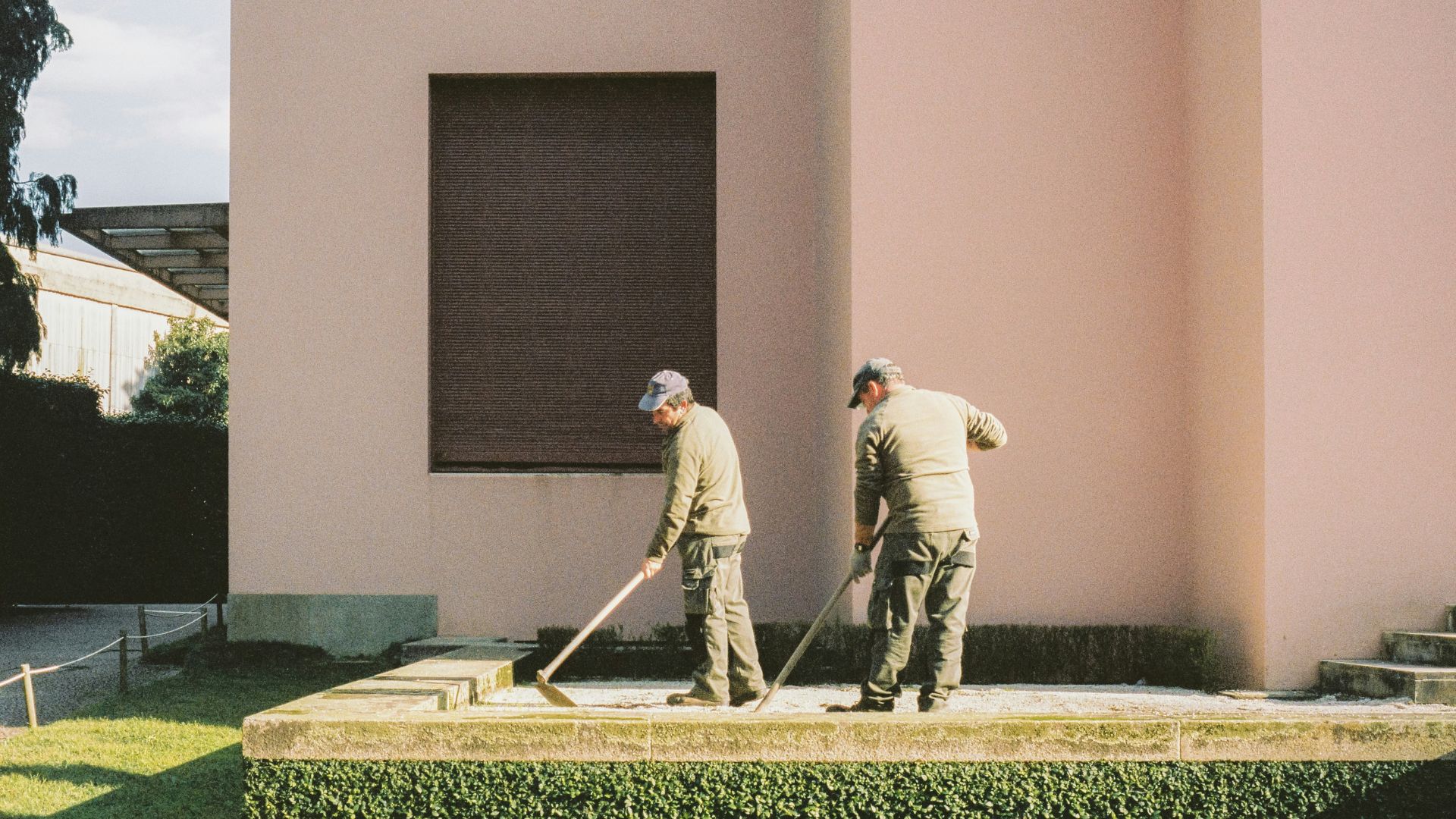
Governor Ron DeSantis recently signed a law blocking municipalities from enacting ordinances that would provide crucial heat protections for workers.
This means no mandatory shade, water, or rest breaks, despite Torres witnessing a coworker’s death from heatstroke and another’s emergency hospitalization due to the relentless sun.
Florida’s Record Temperatures

With last year hitting record temperatures, the National Weather Service warns that this trend will only continue.
Outdoor workers are expected to face even harsher conditions. “The heat can be very intense,” Torres explained, emphasizing the desperate need for basic protections like water and shade.
Lobbyists Behind the Curtain
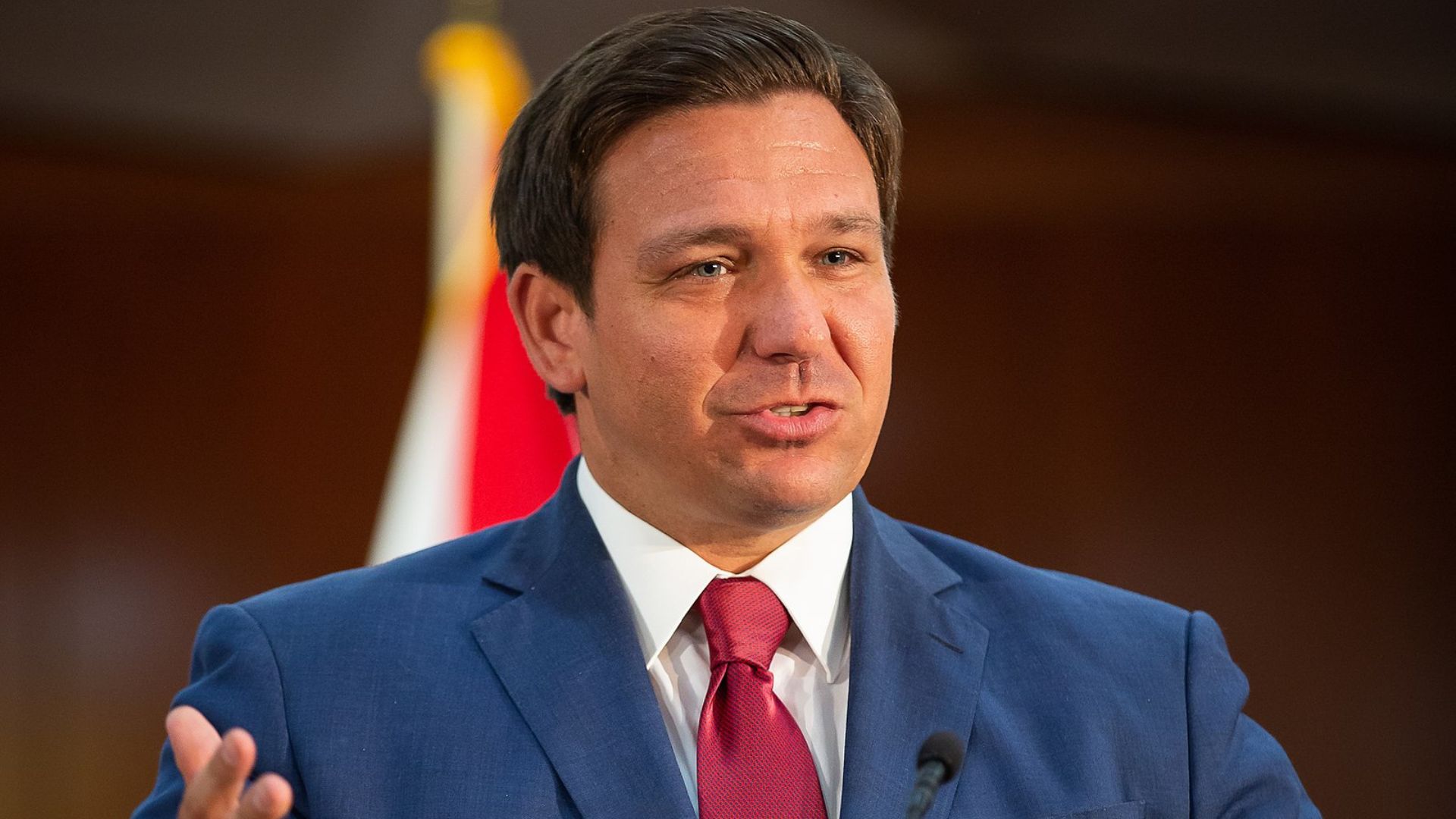
The pushback against heat safety measures comes directly from industry lobbyists.
On April 11, under their influence, DeSantis signed a bill that also cuts back child labor protections but includes a controversial ban on local heat safety measures.
Fighting for the Basics: Water, Shade, and Breaks

Despite efforts by Miami-Dade farm workers to secure essential protections, the new law shuts down any local initiatives.
Workers like Ana Mejia, who suffered from severe heat stress at Costa Farms, voiced the dire consequences of working without basic amenities.
Corporate Silence

Costa Farms, where Mejia worked and suffered from heat stress incidents, declined to comment on their inclusion in the “Dirty Dozen” list of unsafe workplaces.
The lack of official medical support during these incidents highlights the ongoing neglect of worker welfare.
Lack of Protection

In the face of increasing temperatures, the lack of federally mandated heat protections stands out.
States like California and Minnesota have taken steps to safeguard their workers, yet Florida moves in the opposite direction, with potentially deadly consequences.
The Death Toll Rises

Each year, heat exhaustion claims the lives of up to 2,000 workers nationwide.
The absence of comprehensive heat safety laws, particularly in states like Florida, illustrates a critical and growing crisis in worker health and safety.
A Lobbying Frenzy
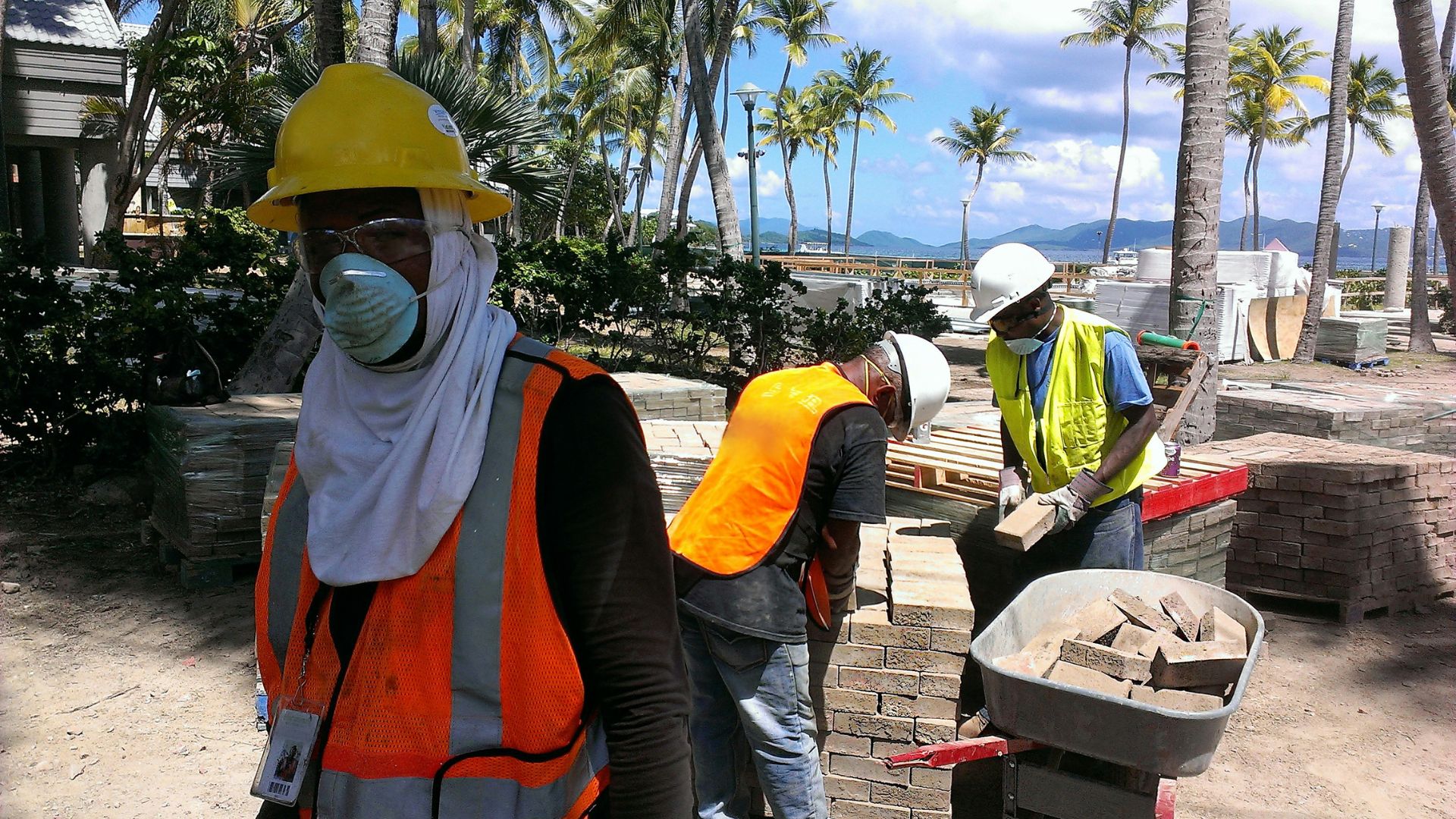
Text messages revealed by Orlando Weekly show the intense lobbying efforts to pass the heat exemption bill.
“HEAT cannot die. The entire business community is in lock step on this. Thank you for your attention to this concern.” wrote Carol Bowen, a lobbyist, emphasizing the business community’s unified stance against heat protections.
The Political Pressure Cooker
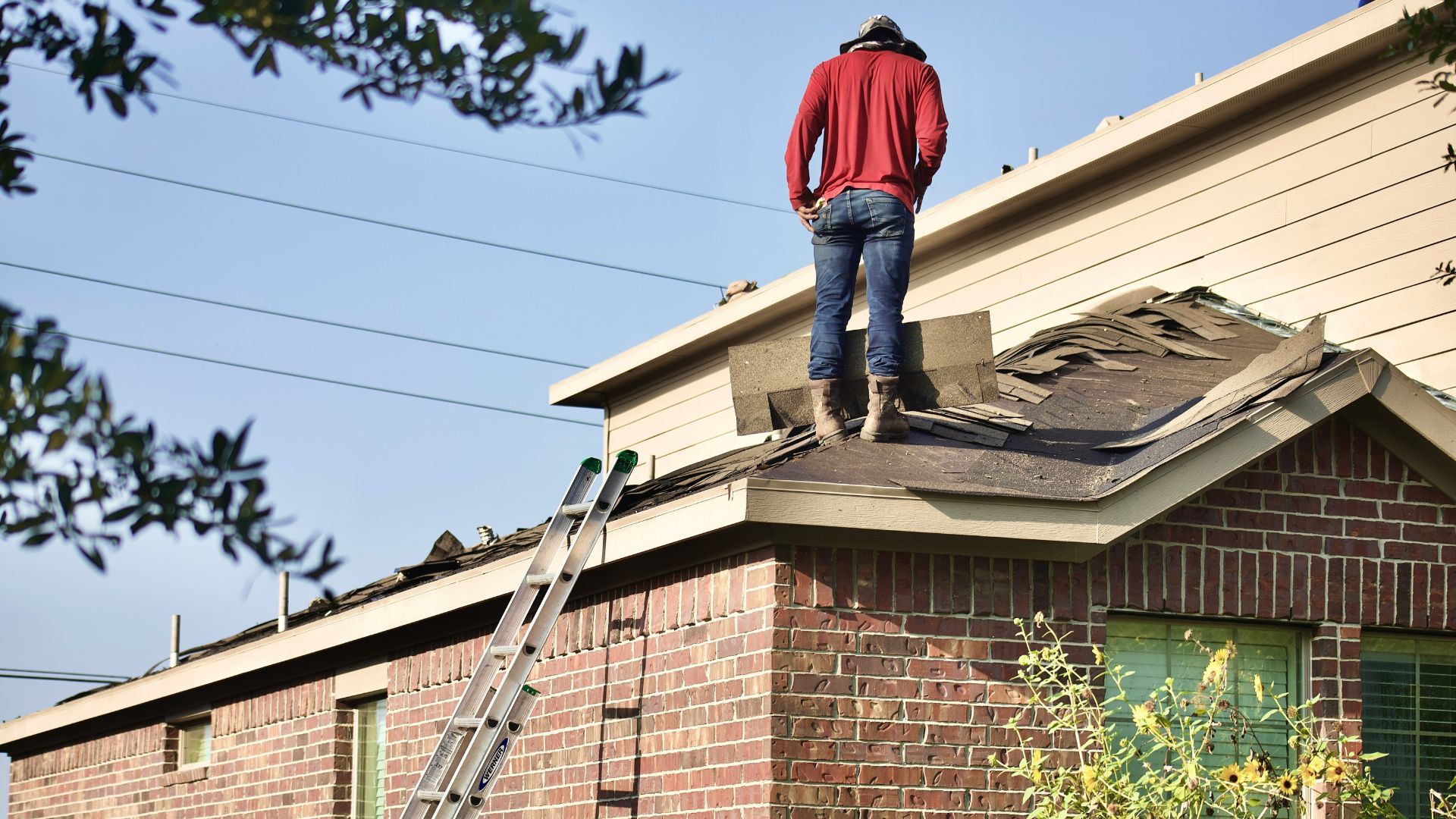
The Florida Chamber of Commerce exerted heavy political pressure, warning lawmakers that their votes on the bill would be “double-weighted.”
This reveals the significant influence of business interests over worker safety legislation.
Advocates Refuse to Back Down
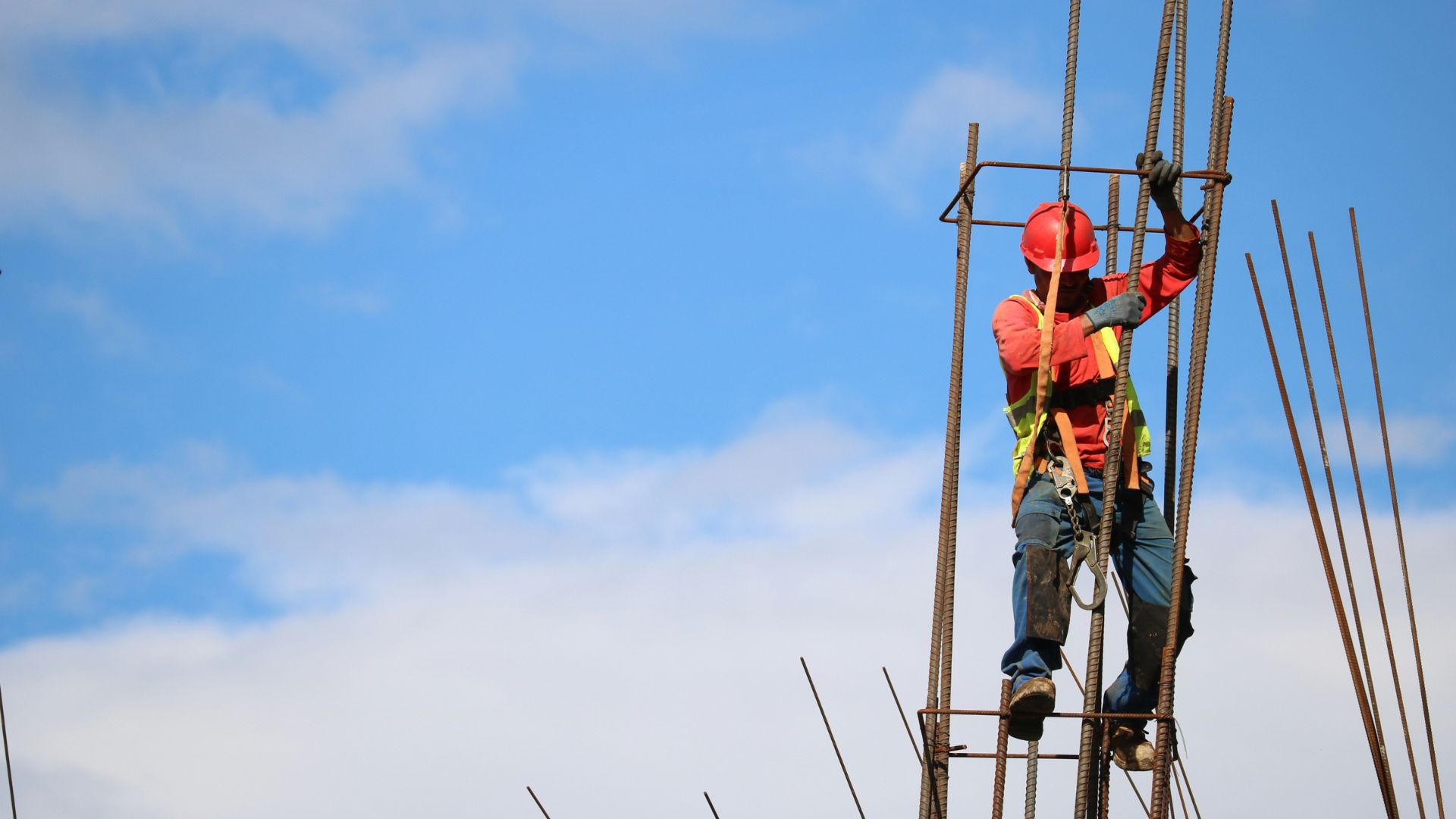
Despite the setback, worker advocates like Jeannie Economos vow to keep fighting.
“It’s unconscionable,” she states, criticizing the state’s decision to prioritize business over the basic safety of its workers, especially those who have been essential during past crises.
The Battle Continues
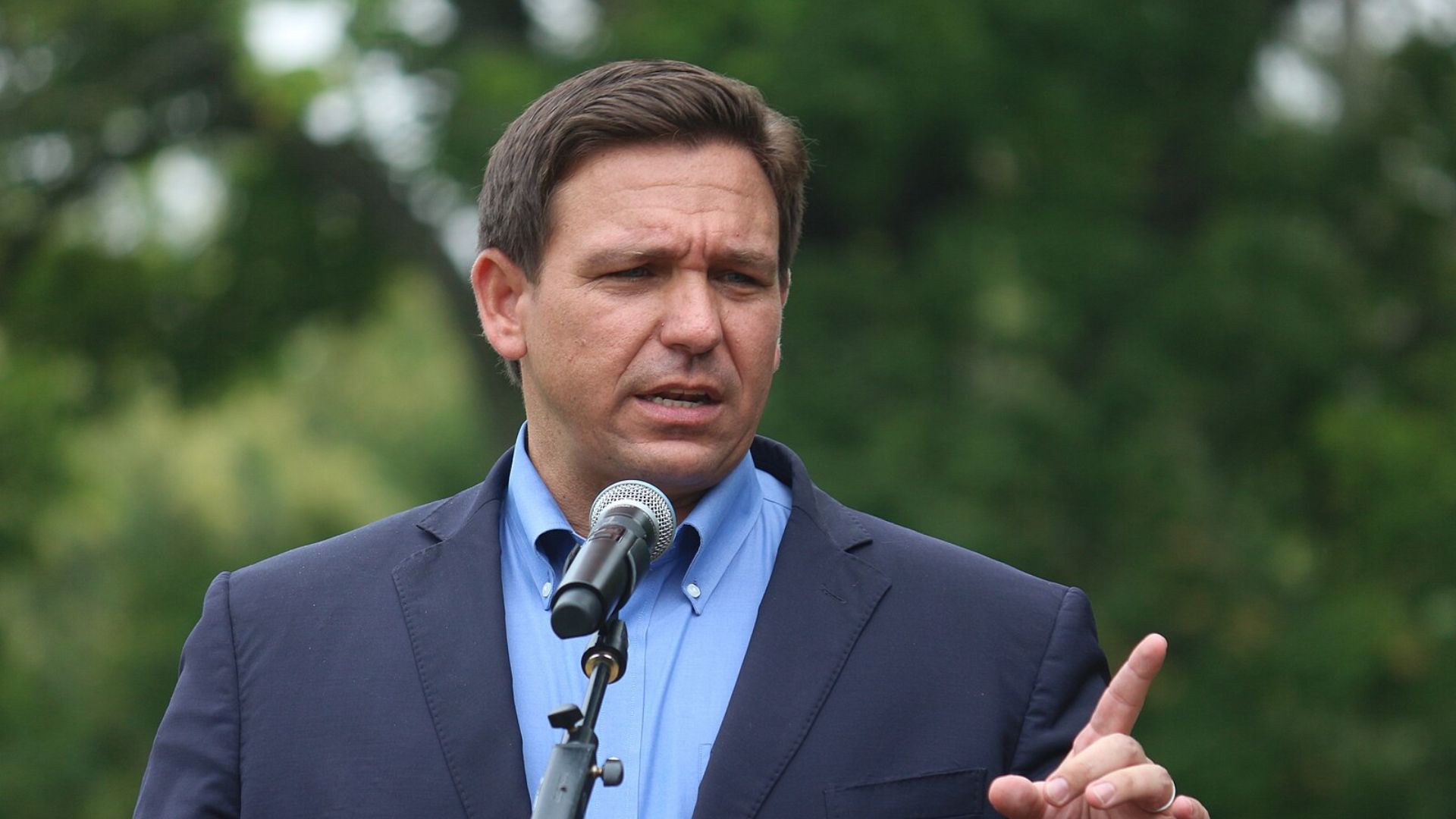
Advocacy groups are strategizing ways to overturn the Florida law.
“The issue of extreme heat isn’t going away,” says Oscar Londoño of WeCount!, stressing the ongoing and escalating need for effective heat protections in the workplace.
Historical Context of Worker Safety Laws in the U.S.
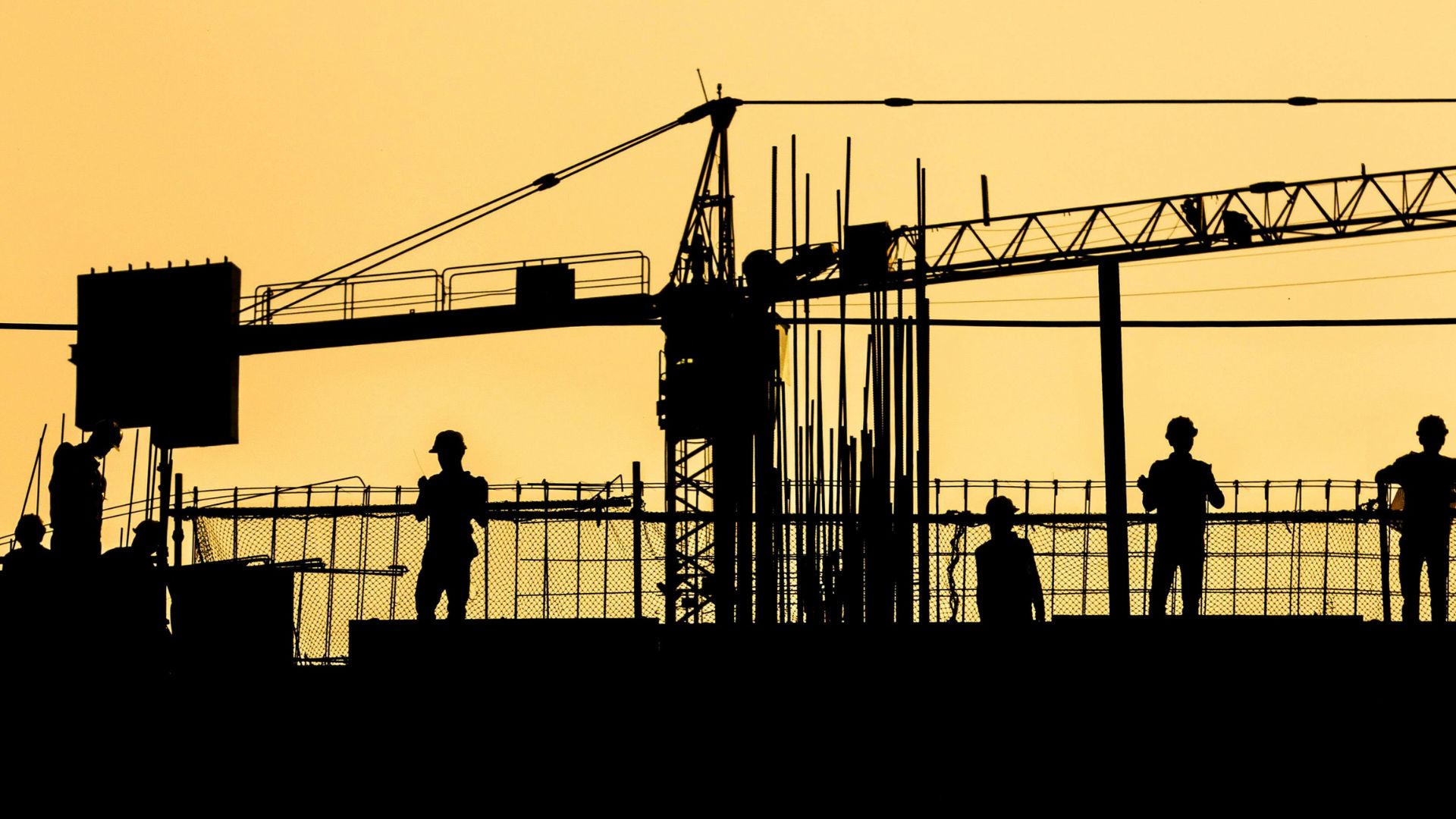
The evolution of worker safety laws in America has shaped the protections workers enjoy today. Initially sparse and localized, these regulations have expanded over decades to include comprehensive standards under bodies like OSHA.
However, the new Florida law represents a significant deviation from this trend, denying outdoor workers essential protections such as shade and water, contrasting sharply with historical progress in worker safety.
Global Heat Protection Standards
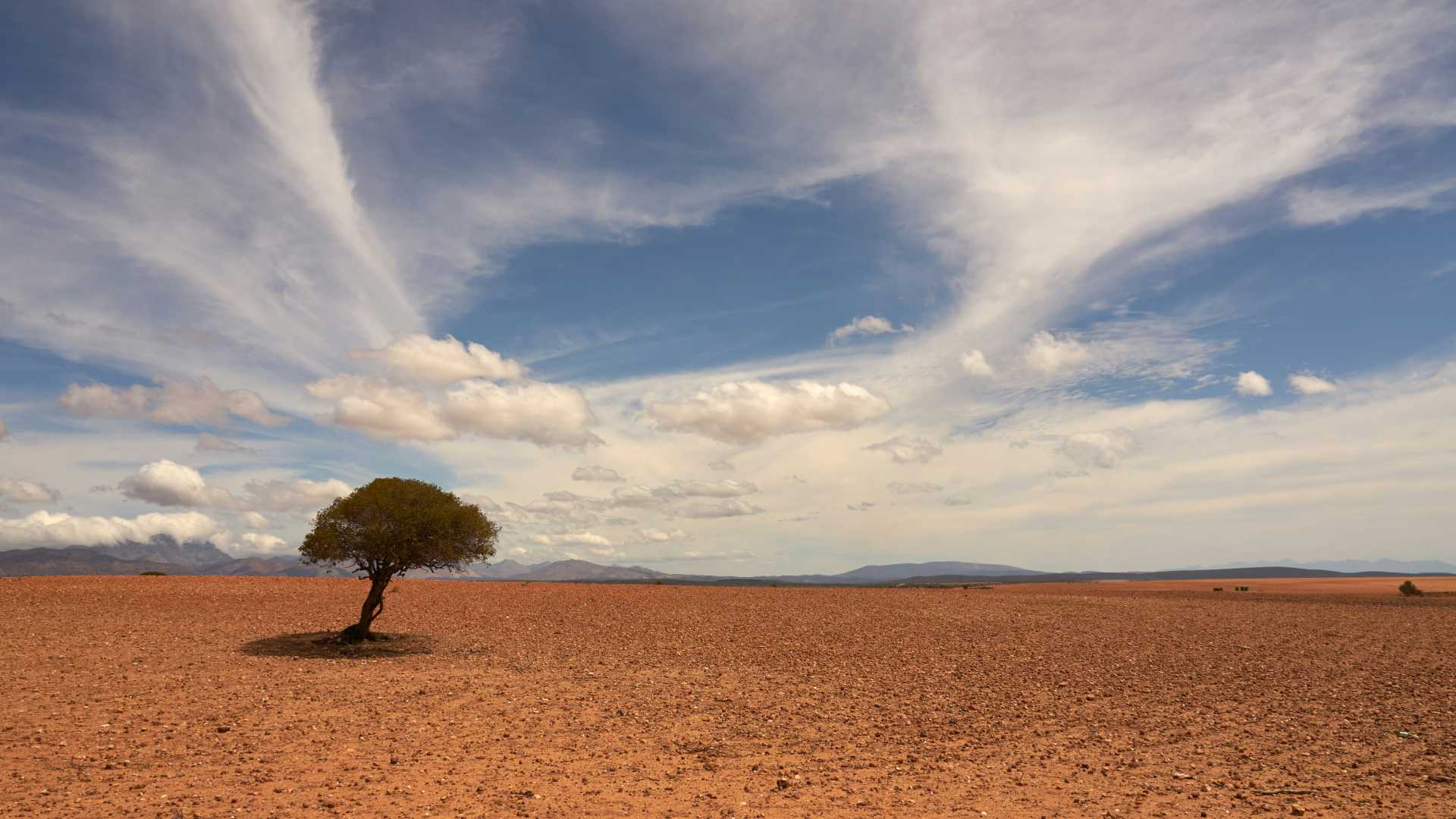
Countries like Spain and Australia have set exemplary standards in protecting outdoor workers from heat stress, with mandatory rest periods and access to cooling systems.
These international examples highlight the effectiveness of proactive heat safety regulations, which starkly contrasts with Florida’s recent legislation, highlighting a global disparity in worker protection.
The Economic Burden of Heat-Related Illnesses

Heat-related illnesses among outdoor workers not only threaten their health but also impose significant costs on the healthcare system.
Emergency treatments and potential long-term care for conditions like heatstroke can escalate healthcare expenses. This economic strain could be mitigated by preventive measures such as those blocked by Florida’s new legislation.
Decreased Productivity Due to Inadequate Heat Protection

The absence of mandatory heat safety measures can drastically reduce productivity. Workers suffering from heat exhaustion are less efficient, and companies face higher costs, as well as increased rates of absenteeism and employee turnover.
This productivity dip not only affects businesses but also the broader economic landscape, emphasizing the need for essential heat protection.
Innovative Technologies for Managing Heat Stress
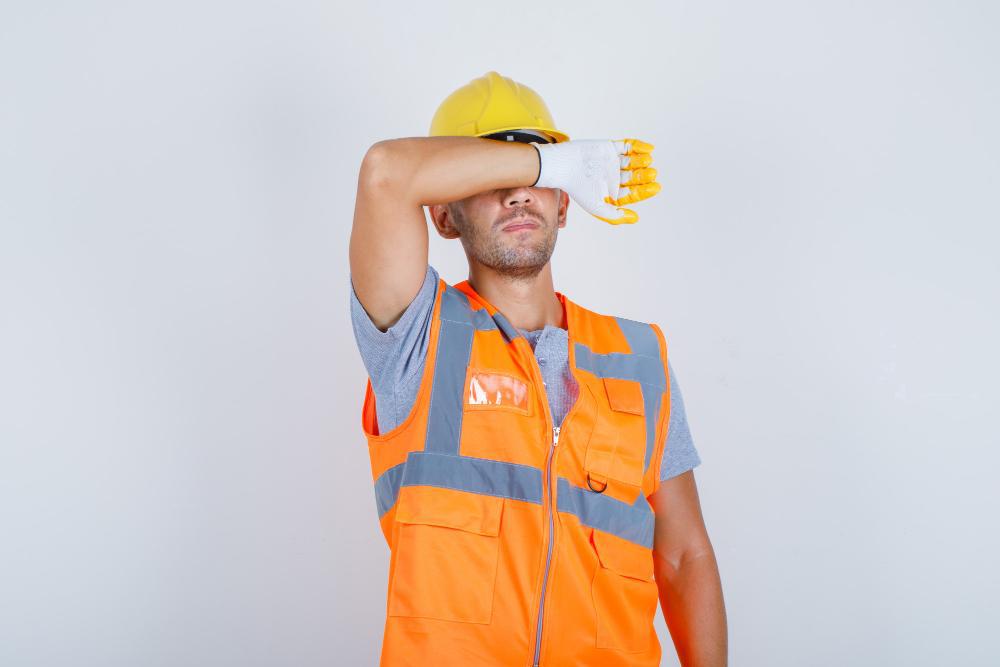
Emerging technologies like cooling vests and biometric monitors offer new ways to combat heat stress in outdoor environments.
These tools can significantly improve worker safety by providing real-time data on vital signs and environmental conditions, offering a high-tech solution to the risks exacerbated by Florida’s new restrictions.
Agricultural Workers

In Florida’s vast agricultural sector, workers often face the full brunt of the sun for extended periods. The lack of mandated breaks and cooling measures leads to severe health risks.
For instance, in the citrus groves of Central Florida, workers have reported increased incidents of heat-related illnesses, demonstrating a critical need for sector-specific protections.
Landscaping Sector: Immediate Effects of Heat Exposure

In Florida’s landscaping industry, workers are particularly vulnerable to the direct effects of heat exposure, often without the respite of shade.
For example, in Orlando’s expansive suburban areas, healthcare officials reported a 115% increase in dehydration and heat exhaustion cases over two weeks, highlighting the urgent need for industry-specific safety regulations.
Tourism and Outdoor Recreation: Economic and Health Stakes
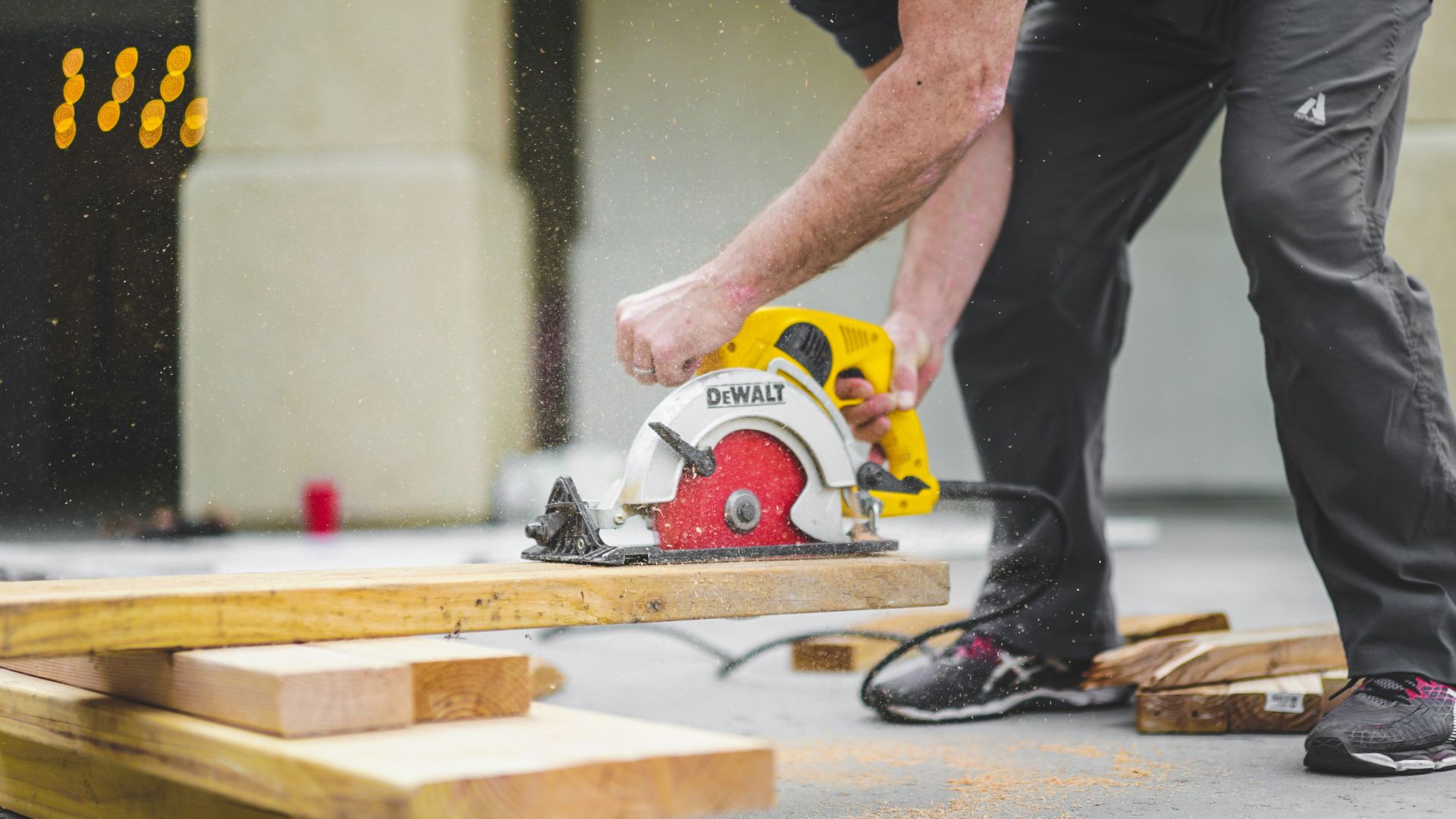
Florida’s economy heavily relies on tourism, including outdoor recreational workers who face prolonged sun exposure. With the new law limiting heat protections, there is a tangible risk to both employee health and the overall visitor experience.
Attractions such as golf courses and beach services in tourist hubs like Miami could see a decline in service quality and safety, potentially diminishing tourist satisfaction and economic returns.
Construction Industry: High-Risk Environments
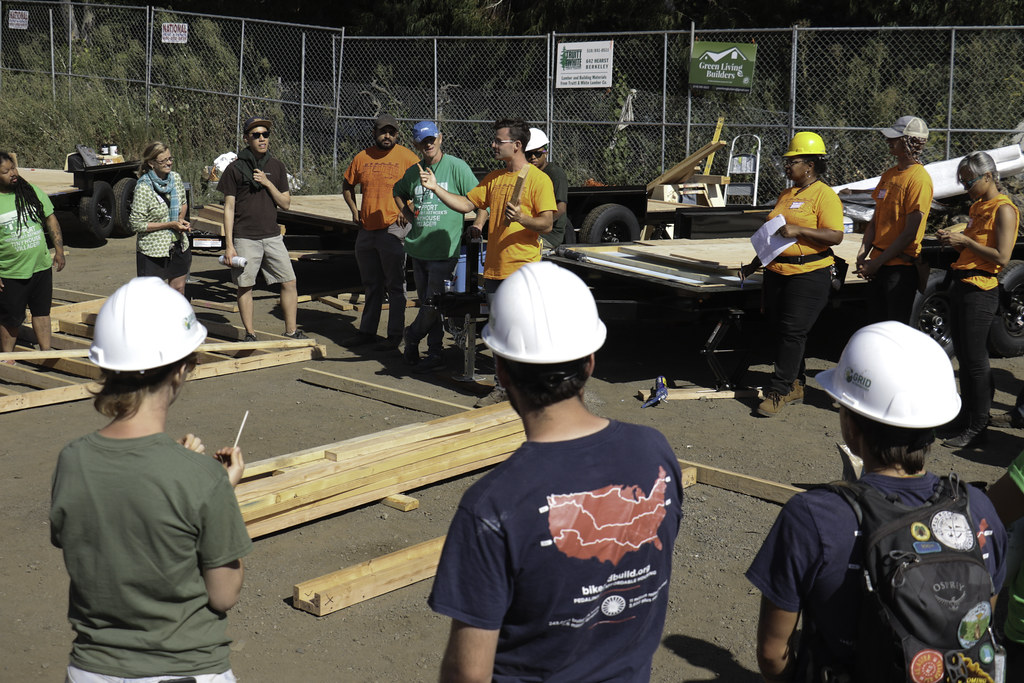
The construction industry in Florida, where rapid urban development continues, illustrates the dangers of inadequate heat safety laws.
Workers on sites like the high rises in Miami experience extreme heat without guaranteed relief, leading to higher accident rates and health emergencies, which could be mitigated with proper legislation.
Climate Change and Worker Safety
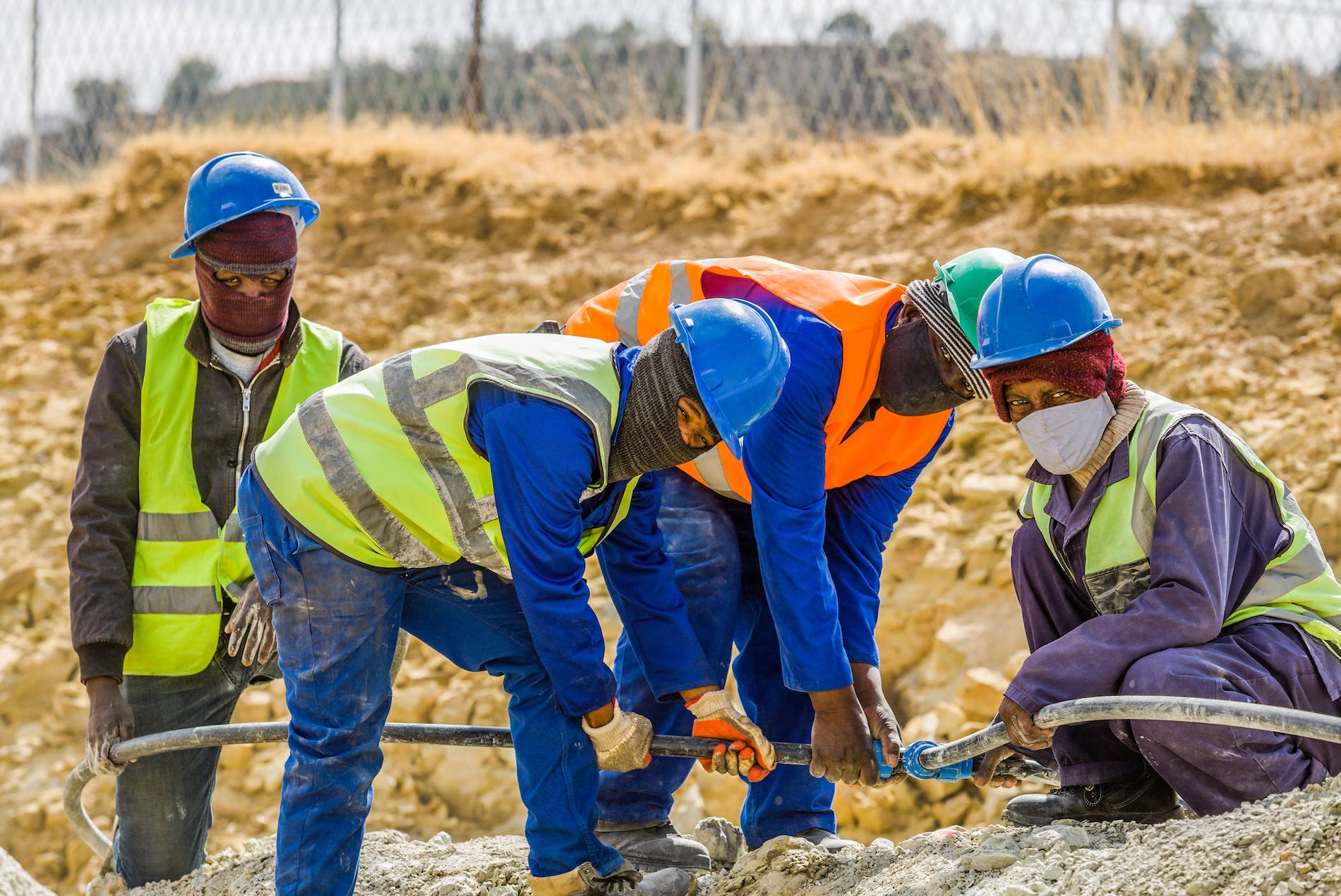
As global temperatures rise, the frequency and intensity of heat waves increase, making heat stress a growing concern, particularly in sun-drenched states like Florida.
The need for stringent heat safety laws becomes more critical as these conditions worsen, pointing to climate change as a key factor in shaping future worker protection policies.
Expert Recommendations for Outdoor Worker Safety

Public health experts, including the CDC, recommend comprehensive strategies to protect workers from heat-related risks. These include mandatory hydration breaks, access to shade, and monitoring for heat stress symptoms.
Implementing these could prevent numerous health issues and fatalities, highlighting the gap in current Florida law.
Community and Grassroots Advocacy for Worker Protection
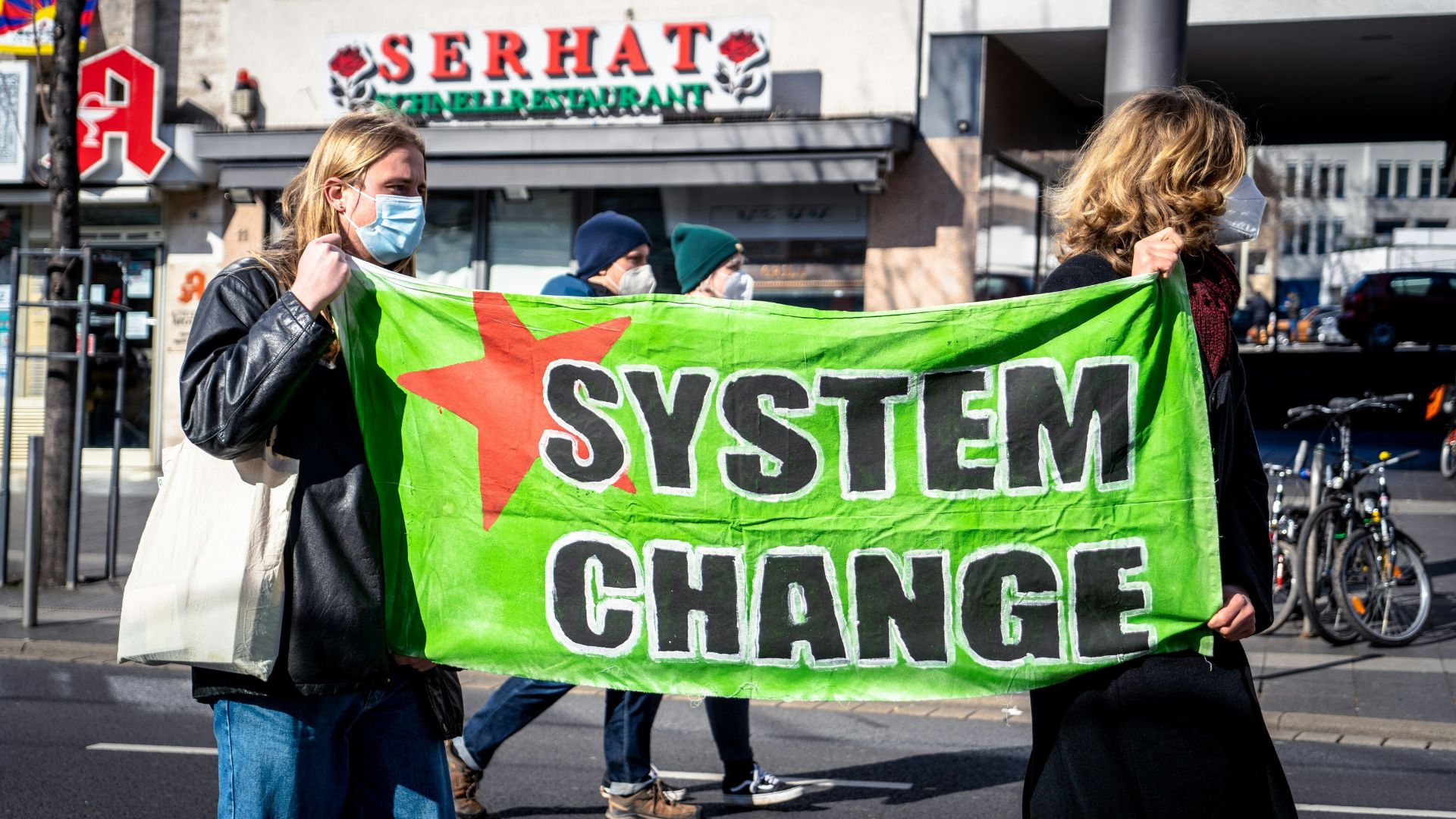
In response to the new law, community groups and grassroots movements in Florida are mobilizing to advocate for the safety of outdoor workers.
These organizations are crucial in striving to reinstate local heat safety measures, showing a community-driven push against state-level restrictions that disregard worker welfare.

